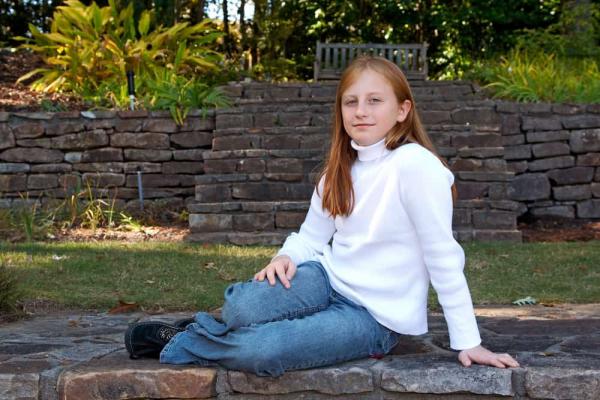
Learning that your child is being unkind or bullying other children can be a disheartening moment. Being aware of the situation is the first step in helping to change it. Here are three ways you can work with your child to stop the bullying:
Talk about it
Immediately upon learning that your child is bullying others you need to talk about it.
-
Encourage your child to open up and explain what happened in their own words. It can help you both understand the situation more clearly.
-
Encourage your child to use "I"� statements when discussing what happened. Most children will want to start by telling you what someone else did. But if you can encourage them to use "I,"� you will quickly find out if the bullying started because of a feeling or an action.
-
Using clear language, appropriate for the age of the child, is important when explaining to them that bullying is wrong and that it is never the solution to a problem.
-
Discuss why bullying is wrong. Talk about how it makes others feel, and begin teaching your child empathy.
-
After having a discussion with your child, encourage them to make amends with those they have bullied.
Set the example
In your own home, begin setting the example of how to treat others. Teaching respect and courtesy is an ongoing process that is best learned at home. Look to yourself, siblings, or even extended family members to determine if there is an issue that needs to be addressed as a family, then address it. Your child will learn how to treat others at home or at school by watching and modeling behaviors they see at home. If you model respect and empathy, your child's behavior will follow.
Supervise or create new environments
While you are working with your child on modifying their behavior, it is important to supervise or monitor their actions in similar situations. Bullying can become a bad habit that is hard to break. A parent or trusted adult monitoring the situation can keep it from continuing. In addition, you can encourage and even guide your child into new environments and experiences that will promote their self-esteem and abilities without the need for bullying.
Whether your child is involved in an ongoing problem with bullying or a single incident, it's important to take it seriously. Focus on the primary causes for the behavior and create a plan for dealing with the current situation and the future.
There are things that you can do at home to help deter the bullying, however, if the behavior continues, it could be a symptom of a bigger problem. If your child continues to bully others, you should seek the assistance of a professional who can help you create a plan to help your child.
The most important thing to remember is that if you can help your child find their own self-worth they will more readily value the worth of others.

